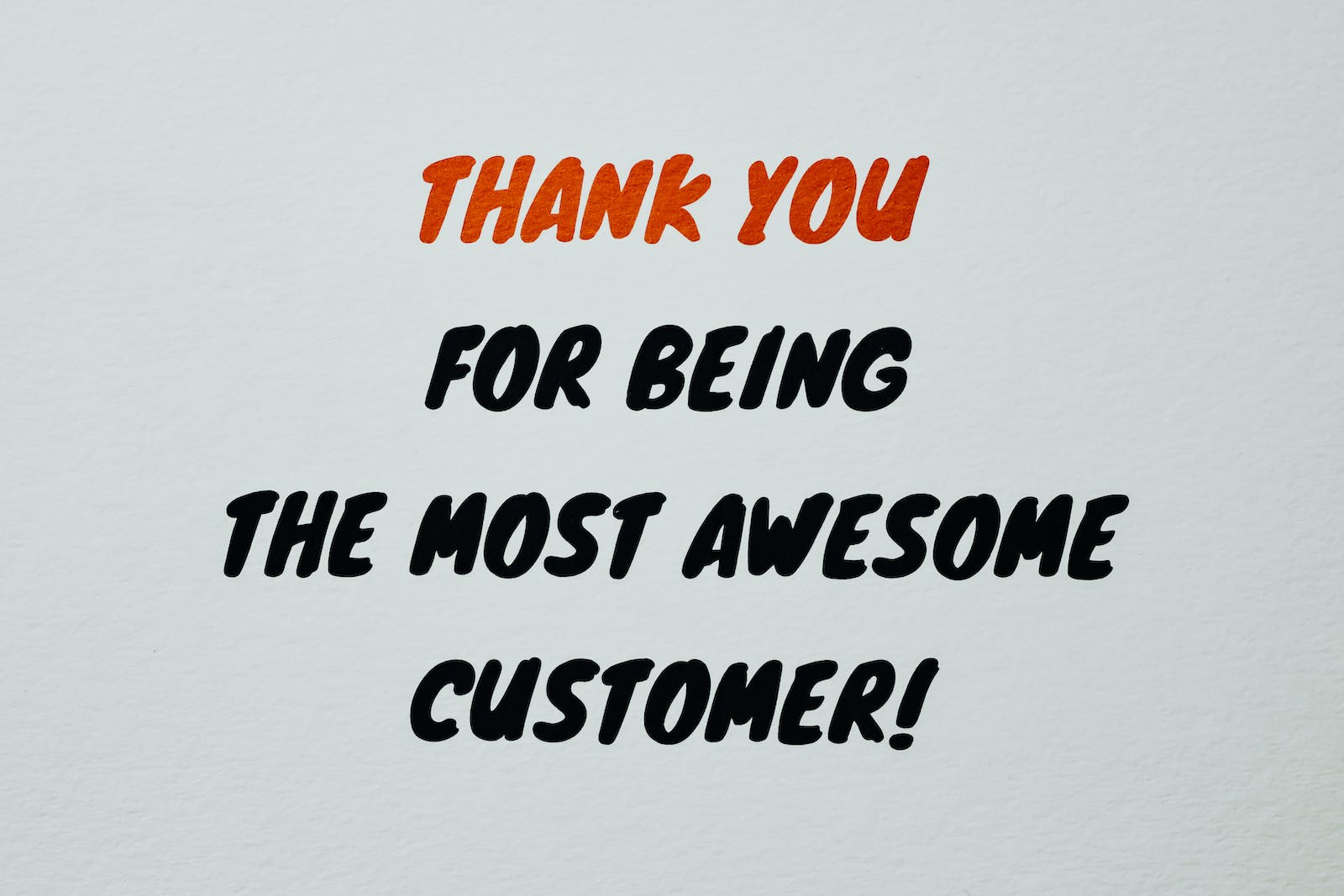The Pros and Cons of Brand Loyalty: Is It Worth It?
Exploring the Benefits and Drawbacks of Being Loyal to a Brand
Brand loyalty is the preference of a consumer for a particular brand and the consistent purchasing of products or services from that brand over time. Many consumers develop strong connections to their favorite brands, often becoming advocates or enthusiasts. However, brand loyalty comes with both advantages and disadvantages. In this article, we will explore the benefits and drawbacks of being loyal to a particular brand, helping you decide whether it's worth your commitment.
We will delve into the positive aspects of brand loyalty, detailing how it can benefit both consumers and brands. Additionally, we'll address the potential downsides and risks associated with being loyal to a specific brand, shedding light on the factors that could impact your overall consumer experience.
Pros
Discover the compelling advantages of staying loyal to a brand. From exclusive rewards to personal satisfaction, brand loyalty offers numerous benefits that keep consumers coming back for more.
Access to Exclusive Rewards and Benefits
One of the major benefits of brand loyalty is gaining access to exclusive rewards and benefits. Many brands offer loyalty programs that provide special discounts, freebies, and access to members-only events. By consistently choosing a specific brand, you can unlock these perks, enjoying enhanced value for your continued support.
Consistent and Reliable Product Quality
Loyal customers often have the advantage of consistently enjoying high-quality products or services. Brands prioritize maintaining the satisfaction of their loyal customer base, striving to deliver reliable and exceptional experiences. This assurance of quality can enhance peace of mind and confidence in the products or services being purchased.
Personalized Customer Experience
Brand loyalty can lead to a personalized customer experience. As brands become familiar with their loyal customers, they can tailor offerings and communication to better meet their specific needs and preferences. This personalized approach can make customers feel valued and understood, further strengthening their loyalty.
Emotional Connection and Satisfaction
Loyalty to a brand often stems from an emotional connection, as consumers associate positive feelings and experiences with the brand. This emotional attachment can lead to a deep sense of satisfaction, fulfillment, and even pride in being associated with the brand. The joy of staying loyal to a brand you truly love can be immensely rewarding.
Enhanced Brand Advocacy
Being loyal to a particular brand can turn customers into advocates who actively promote and recommend the brand to others. This word-of-mouth marketing can significantly increase the brand's visibility and customer base, leading to potential growth and success.
Priority Customer Service
Loyal customers often receive priority customer service, such as dedicated support lines, faster response times, and special assistance. This can lead to enhanced satisfaction and quicker issue resolution, strengthening the bond between the customer and the brand.
Missing a pro?
Let us know which pro you are missing!
Cons
While brand loyalty offers compelling advantages, it also carries potential drawbacks that consumers should consider. Understanding the downsides of steadfast brand commitment is crucial for making well-informed consumer choices.
Limitation of Choices and Diversity
Being loyal to a particular brand may lead to a narrowing of choices and a lack of diversity in one's consumption habits. When consistently favoring a specific brand, consumers may miss out on exploring and experiencing a variety of offerings from other brands, potentially limiting their exposure to new and innovative products or services.
Risk of Missed Opportunities and Changes
Brand loyalty can sometimes result in missed opportunities or resistance to change. Staying committed to a specific brand may cause consumers to overlook new and improved offerings from other brands. Additionally, changes in the market or within the brand, such as alterations in pricing or product formulations, can impact loyal customers in unexpected ways.
Vulnerability to Exploitative Marketing Tactics
Loyal consumers may be more susceptible to exploitative marketing tactics employed by brands. Some companies may capitalize on brand loyalty by offering minimal benefits while expecting unwavering devotion. This can lead to a sense of being taken advantage of, with loyal consumers feeling obligated to continue their support despite diminishing returns.
Potential Disappointment from Brand Failures
Investing heavily in brand loyalty can result in significant disappointment if the brand fails to meet expectations or experiences a decline in quality. This disappointment may arise from changes in company policies, product recalls, or public relations scandals, leaving loyal customers feeling disenchanted and betrayed by the brand.
Stagnation in Innovation
Excessive brand loyalty can lead to complacency, discouraging brands from innovating and adapting to changing market needs. This can result in the stagnation of product development and missed opportunities for improvement.
Difficulty in Comparing Value
Blind loyalty to a brand may hinder customers from objectively evaluating the value and benefits offered by competitors. This can lead to missed opportunities to discover superior products or services in the market.
Missing a con?
Let us know which con you are missing!
Conclusion
In conclusion, brand loyalty offers a mix of benefits and drawbacks, making it a complex aspect of consumer behavior. While it can provide exclusive rewards, consistent quality, and emotional fulfillment, it also presents the risk of limited choices, missed opportunities, susceptibility to marketing tactics, and potential disappointment. As a consumer, it's essential to weigh these factors to make informed decisions about brand loyalty. By understanding both the advantages and disadvantages, individuals can navigate their brand relationships with clarity and confidence.
What do you think?
Do you think the pros outweigh the cons?




